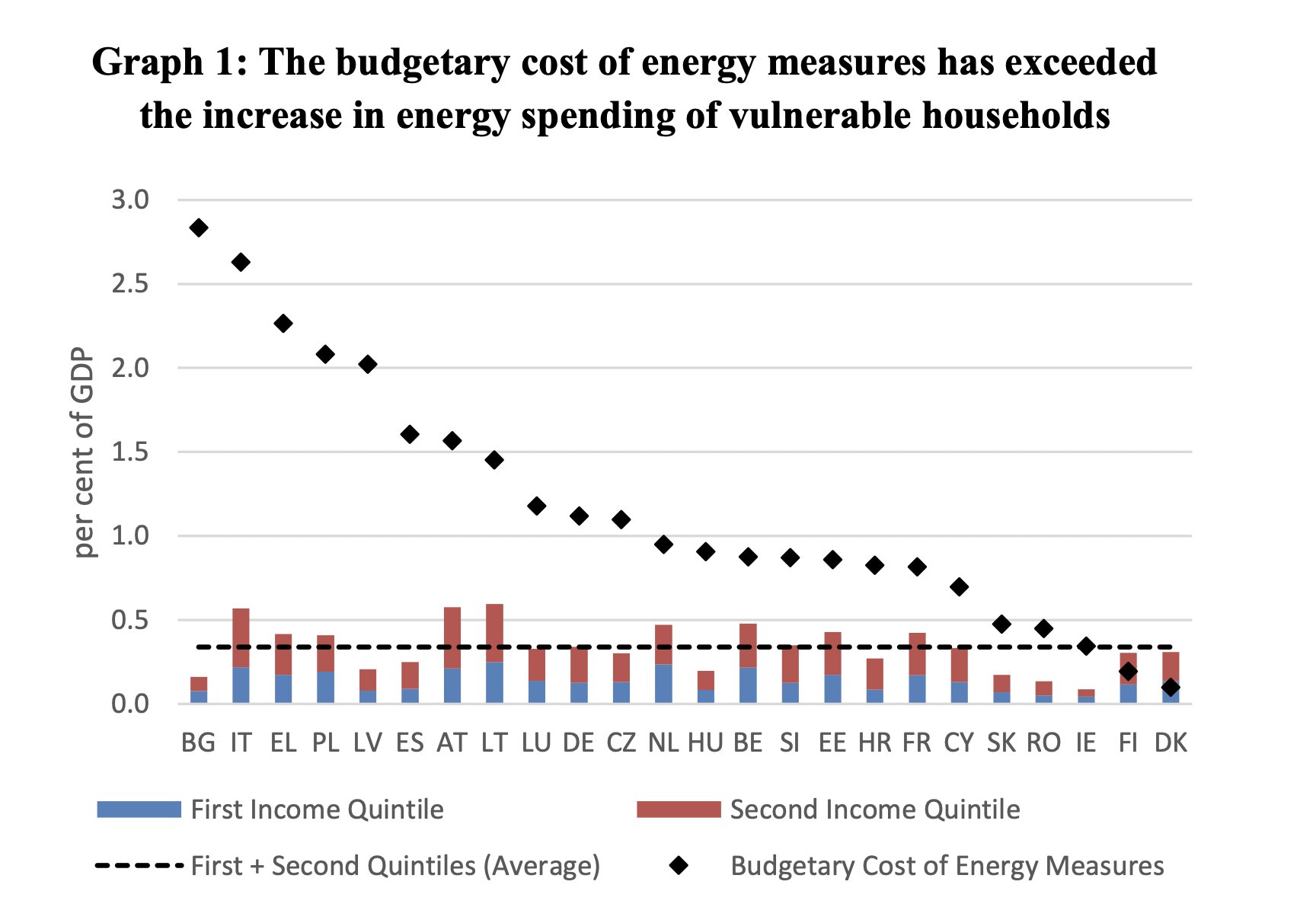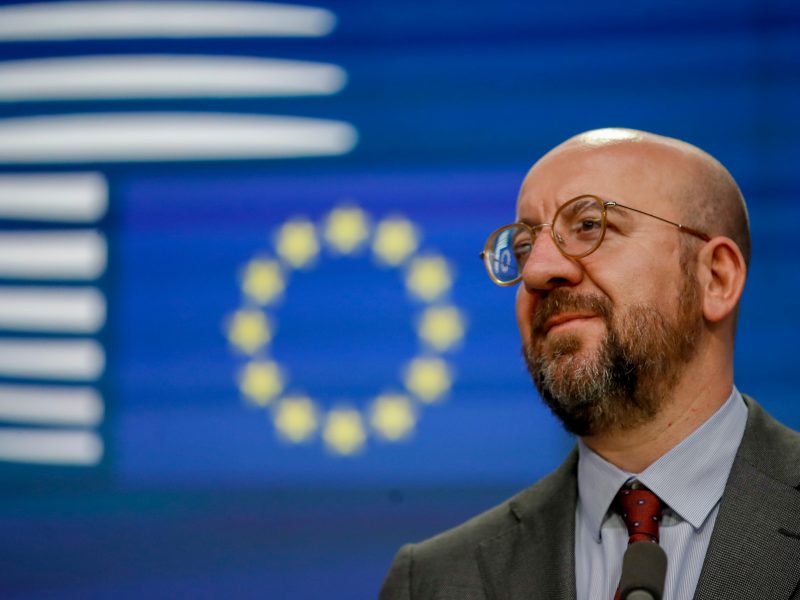
In its fiscal policy guidance for 2024, the European Commission struck down the general escape clause that deactivated the EU’s fiscal rules since the start of the pandemic, announcing that it will launch “Excessive Deficit Procedures” (EDP) in spring 2024, based on member states’ deficits in 2023.
While the Commission called for a contractionary fiscal policy, it also urged member states to scale back expenditure, not public investments, to avoid damaging economic growth.
“The fiscal adjustment that member states should deliver should not be achieved by cutting investment, but through limiting the growth of current spending,” Economy Commissioner Paolo Gentiloni said on Wednesday (8 March).
Valdis Dombrovskis, executive vice-president of the Commission, called for “sound public finances across all EU member states”.
In the fiscal guidance, released on Wednesday, the Commission highlighted that the large and mostly generous support schemes to shield companies and households from high energy prices were not necessarily targeted to the poorest households.
In most countries, governments spent much more on energy measures than the cost increased for the bottom 40% of the household income distribution.

Other than pointing to the energy support measures, however, the Commission evaded questions on which spending exactly member states should scale back in their budgets.
With the guidance, the Commission wants to give member state governments an idea of how to proceed in the preparation of their budgets for next year. While it is determined to enforce European fiscal rules again in 2024, EU member states have not yet agreed on how those fiscal rules will look like.
When the pandemic hit in 2020, the EU triggered the so-called General Escape Clause, thus pausing the enforcement of the EU fiscal rules. As the rules were widely regarded as ineffective and counterproductive, the EU Commission also launched an economic governance review to decide on new fiscal rules.
The new rules have yet to be defined and the Commission is waiting for member states to agree on a common approach, either in next week’s meeting of finance ministers, or at the meeting of EU leaders at the end of March.
Nevertheless, the fiscal guidance already includes aspects of the new rules that seem to crystalise as a common denominator.
“The guidance should be seen as a bridge between how the rules worked in the past and how they may work in the future,” Dombrovskis said.
For example, the Commission encouraged member states to draw up mid-term fiscal plans to accompany their 2024 budgets. Moreover, it will ignore some of the most contentious former rules, like the so-called 1/20th rule that used to require member states with high debts to reduce their debt by an irrealistic, economy-stifling amount of money.
But the Commission also turned on the pressure on member states to find an agreement regarding the fiscal rules, saying that it would recommend opening Excessive Deficit Procedures (EDPs) against member states in 2024.
Those EDPs will be opened based on data from 2023, meaning that countries that planned to have a deficit of over 3% this year, might face such a procedure that can lead to financial penalties.
In a statement, the financial policy NGO Finance Watch said it was “concerned by the Commission’s opening to relaunch Excessive Deficit Procedures”, but commended the push towards a reform of the EU’s fiscal rules.
[Edited by Nathalie Weatherald]








